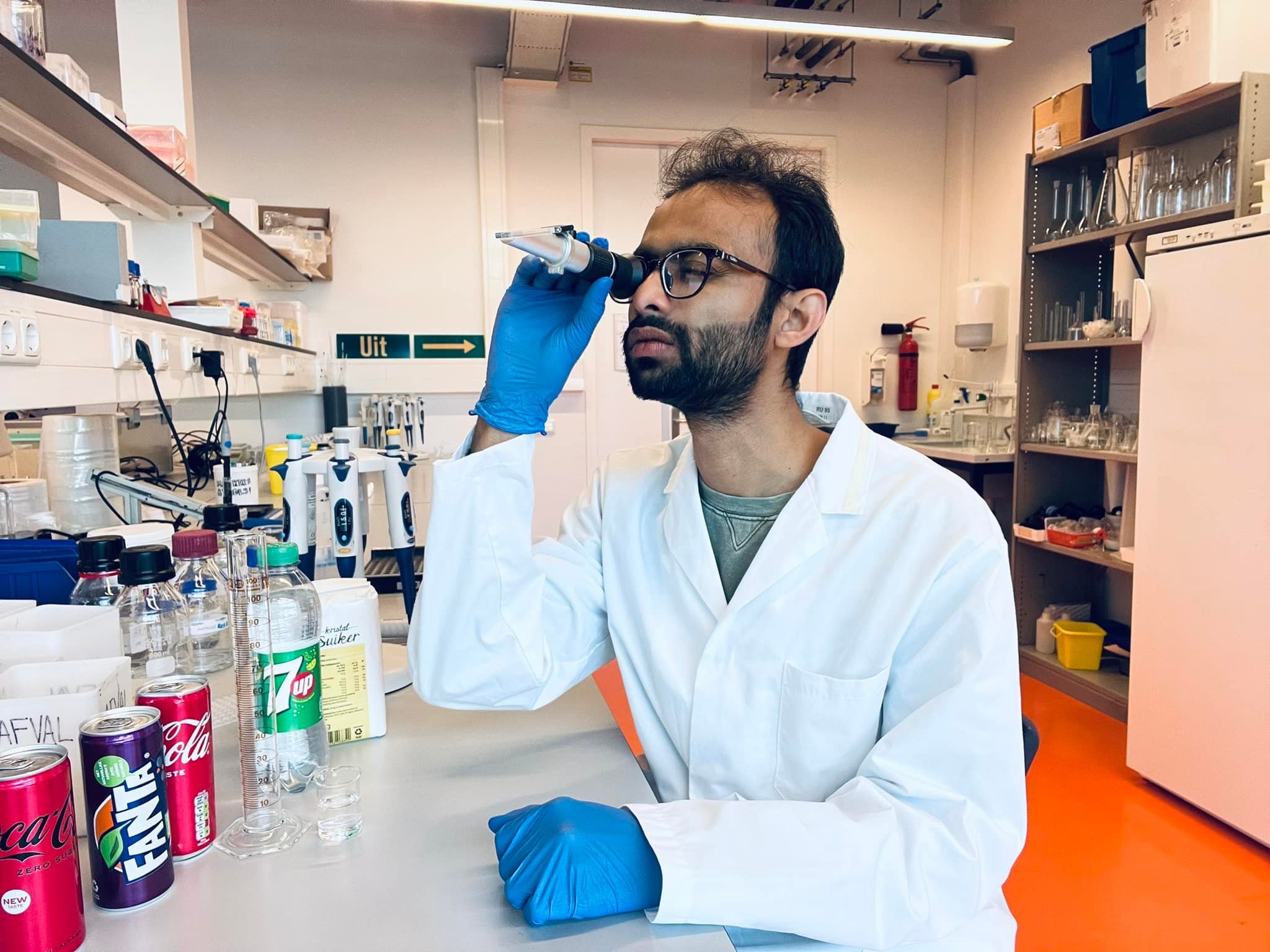Renowned Bangladeshi scientist Sabbir Ahmed recently shared a surprising scientific fact: drinking sweet juice can reduce testosterone levels in men by up to 25% within 2 hours. His post connects to a well-documented medical study titled “Abrupt decrease in serum testosterone levels after an oral glucose load in men: implications for screening for hypogonadism”. The cultural practice of welcoming new sons-in-law with sweet drinks may have unintended health effects, according to the data.
Sabbir Ahmed’s Viral post:
“মিষ্টি শরবত খাওয়ার ২ ঘণ্টার মধ্যে টেস্টোস্টেরনের মাত্রা কমে যায় গড়ে ২৫% পর্যন্ত। আর বাংলাদেশের ট্র্যাডিশন হচ্ছে নতুন জামাইক মিষ্টি শরবত আর রসগোল্লা খাওয়ানো।”
Translation:
“Testosterone levels drop by an average of 25% within 2 hours of drinking sweet sherbet. But in Bangladesh, our tradition is to welcome the new son-in-law with sweet sherbet and rosogolla.”
Read More: “I’m from a poor family, so I couldn’t resist the temptation of money”: Statement from Riyad
What the Study Says:
The quote refers to a peer-reviewed scientific study titled:
“Abrupt decrease in serum testosterone levels after an oral glucose load in men: implications for screening for hypogonadism”, published in Clinical Endocrinology (Oxford).
In this study, researchers observed that consuming glucose (sugar) led to a rapid and significant decrease in testosterone levels in healthy, non-diabetic men. Specifically, serum testosterone dropped by up to 25% within two hours after consuming a sugar-rich drink.
Cultural Practices Under the Microscope
In many parts of Bangladesh and South Asia, serving sweets and sugary sherbet to new grooms is a traditional and celebratory act. However, Sabbir Ahmed’s post brings attention to the biological side effects of such sugar intake, especially its hormonal impact on men.
Testosterone plays a key role in male fertility, mood regulation, energy levels, and muscle health. A sudden drop—even if temporary—can affect well-being. For those already suffering from hypogonadism (low testosterone), sugary drinks may worsen their condition or mislead test results during medical checkups.
Source: Sabbir Ahmed


















